Merry Christmas and Happy Holidays from Peach Clinic Family.

How to reduce added sugar in your child’s diet – American Academy of Pediatrics tips
Here are ideas for how you can help your family reduce their added sugar intake:
- Read the nutrition facts labels carefully. Many foods now list added sugar separately. You also can find added sugar by reading the ingredients. Aim for less than 25 grams (about 6 teaspoons) of added sugar per day for children 2 years of age and older. Avoid serving foods and drinks with added sugar to children under 2 years of age. Learn more about the nutrition facts labels here.
- Serve water and milk. Avoid soda, sports drinks, sweet tea, sweetened coffee, and fruit drinks. Milk contains natural sugar (lactose) and provides calcium, protein, vitamin D, and other nutrients children need.
- Limit fruit juice. It has more sugar per serving than whole fruit. The AAP recommends no more than 4 ounces of 100% fruit juice a day for children ages 1 through 3 years; 4 to 6 ounces for children ages 4 through 6; and 8 ounces for children ages 7 through 14. Do not give fruit juice to infants under 1 year old.
- Go fresh and limit processed pre-packed food and drinks. Sugar is often added to them while they are being made or at the table. For example, there are hidden sources of added sugar in processed foods like ketchup, dried cranberries, salad dressing, and baked beans.
- Satisfy your child’s sweet tooth with whole fruit.
A talk by Pediatric Nutritionist Alexia Beauregard at Peach Clinic
Pediatric nutritionist Alexia Beauregard delivered a wonderful talk about childhood nutrition, challenges in feeding children and practical solutions to everyday feeding problems. Visit her page seagrassnutrition.com for more information and contact details.
High flu activity in Georgia
As per CDC, Flu activity remains still high as of February 10th. The current flu vaccine is almost 73% effective in preventing influenza B infections and 43% effective in preventing Influenza A infections. So, it is still not late to get your flu shot for this season.
Get your flu shot… soon !
Here is an excellent two-minute video made by Washington Post about why you need to get flu shot. When I discuss the flu vaccine with my patients, one single fact that surprises most people is: Flu kills about 24,000 people a year in United States alone !
Happy Dussehra !
Flu shots for 2017-18 are now available at Peach Clinic.
Flu shots for 2017-18 season are available now. Make sure you get one soon to protect yourself and your loved ones. Here are answers to few questions I get asked time and time again.
I am healthy and young.Why should I take flu vaccine?
Flu vaccine actually helps persons of all ages. In addition, it helps cut down the spread of this deadly disease in your family and your community (Yes, flu is more serious than most people think. Flu still kills on average about 36,000 persons per year in United States.)
Who should take flu vaccine?
- Everyone who is 6-month or older should take flu vaccine.
- Certain groups are higher risk for flu related complications. They should be ever more particular about getting the flu vaccine.
- Children and older adults.
- People suffering from chronic diseases.
- Pregnant women.
Can flu vaccine cause flu?
No. Virus in flu vaccine is inactivated. It can’t cause flu. When you get flu shot, you immune system is activated against flu. So some people can get low-grade fever, headache and muscle aches. This usually lasts less than 24 hours.
In studies, where some people got inactivated flu shots and others got salt-water shots, the only differences in symptoms was increased soreness in the arm and redness at the injection site among people who got the flu shot.
In case you are interested, CDC website has answers to lot more questions.
Washing away the nasal allergies.
We are in the peak of pollen season and pollen is troubling many people with nasal allergies. In North Atlanta, Oak, Hickory and Birch trees are the main source of pollen in past one week.
The pollen or allergen that we inhale, settle in our nasal passages. Our body starts recognizing them as foreign particles and starts making antibodies against them. This reaction leads to swollen nasal passages and also leads to mucus formation in the nose. Usually, it is a clear watery discharge to begin with and then it turns in to thick white mucus. Some of the major symptoms of nasal allergies are:
- Sneezing
- Runny nose
- Nasal congestion
- Itchy and red eyes
Treating nasal allergies can be challenging. There are many different medications available to treat nasal allergies. However, it can be confusing to choose an appropriate over the counter allergy medication that can alleviate symptoms.
A simple and inexpensive approach to treat allergies is to do saline irrigation of nose and sinuses. The basic principle is washing away those allergens and cleaning nasal passages so that the whole cascade of events that follows after we inhale allergens is avoided.
Daily use of saline rinses not only washes out all the allergens but it also decreases the swelling of the nose and removes the thick mucus from nasal passages and sinuses. The irrigation bottle as shows in the picture is easy to use and even a child as old as 5 years can do it. Saline that is used for nasal washes is easy to make at home. Take 2 cups of water, add 1 teaspoon of salt and boil them. Let it cool to room temperature and you are ready to rinse your sinuses!!
Allergies are difficult to treat but getting rid of an allergen is as simple as washing it away with saline!
Monal Shah, MD
Dr. Dhaval Shah gives health education lecture on arthritis at BAPS Swaminarayan temple
Dr. Dhaval Shah designated Civil Surgeon by USCIS
Dr. Dhaval Shah has been designated Civil Surgeon by U.S. Citizenship and Immigration Services (USCIS).
A Civil Surgeon is a physician, designated by the USCIS to conduct medical examinations of people who are applying for an adjustment of status to permanent residence, or others who are required by the USCIS to have a medical examination.
This means that Peach Clinic is now offering Immigration Physicals at the both locations that you use for all your healthcare needs.

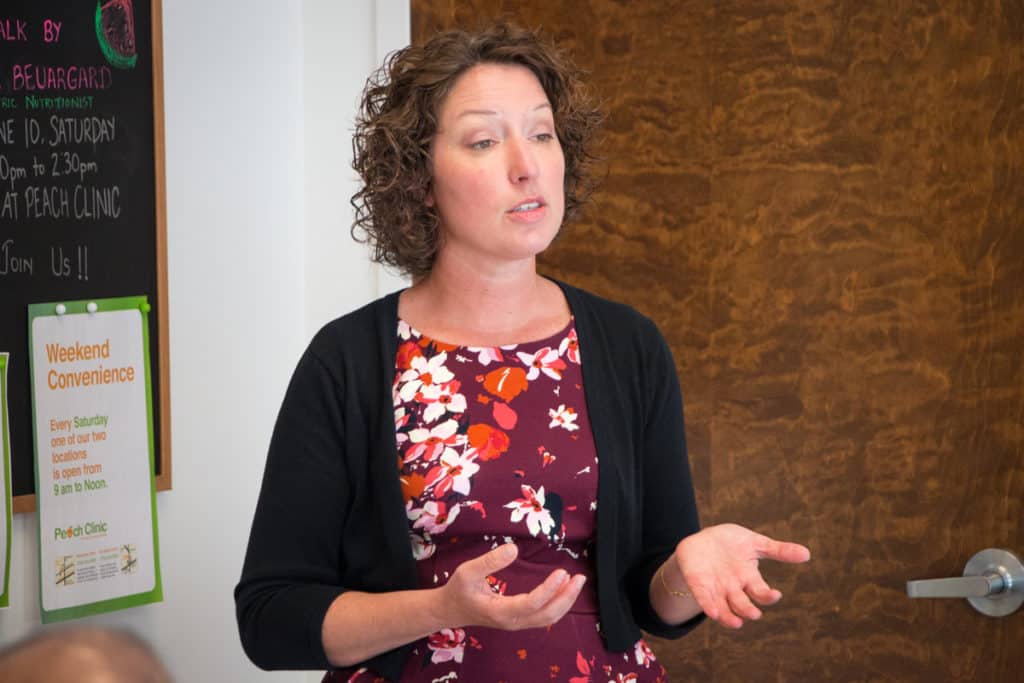
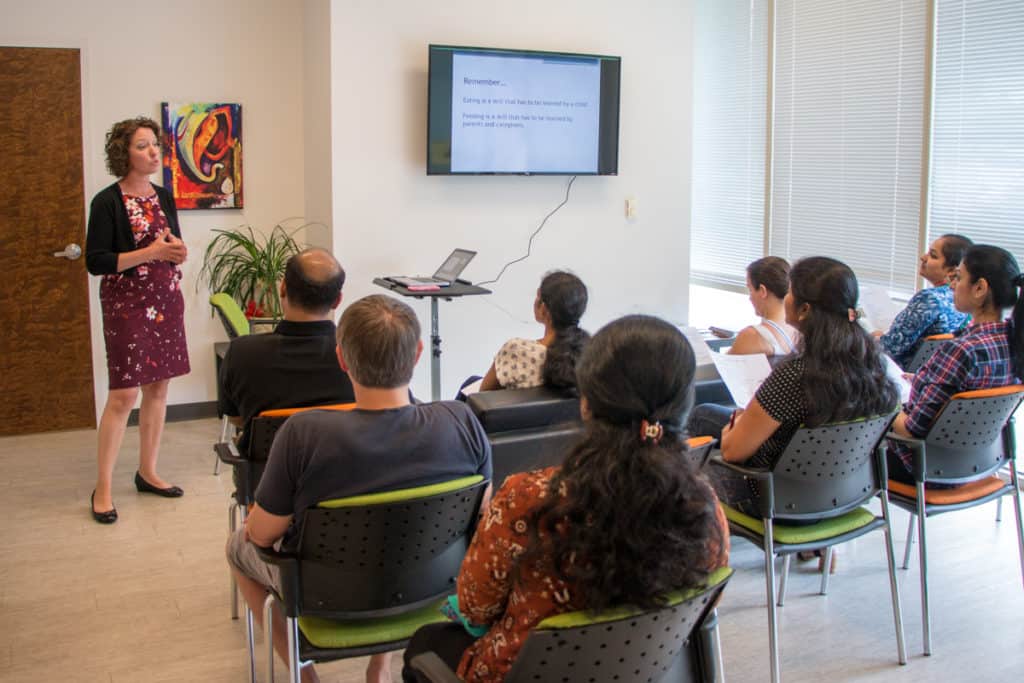
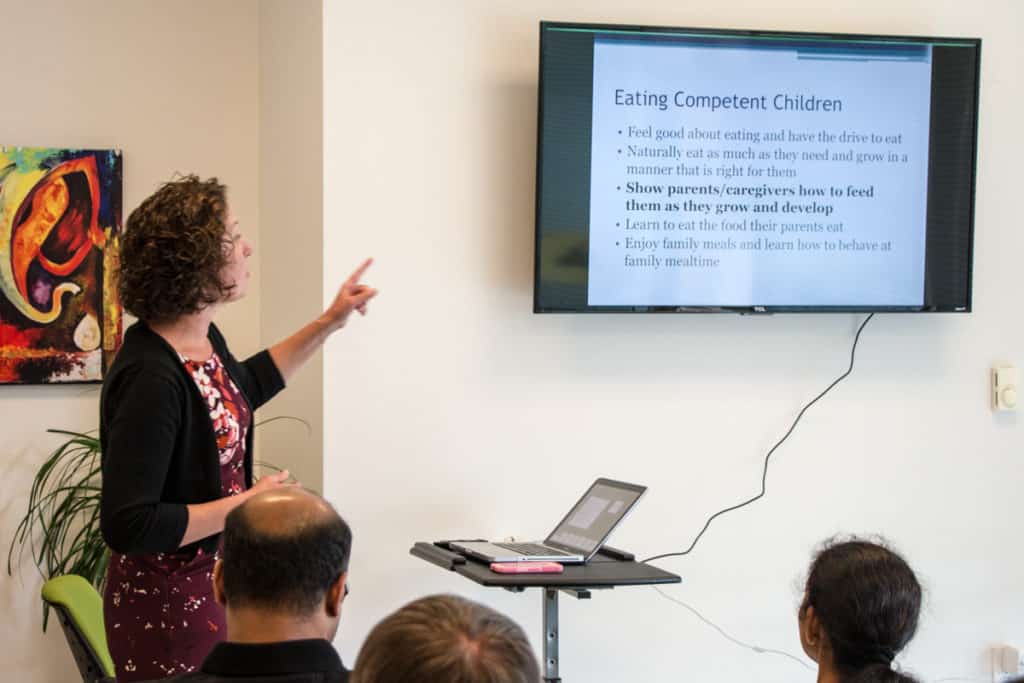
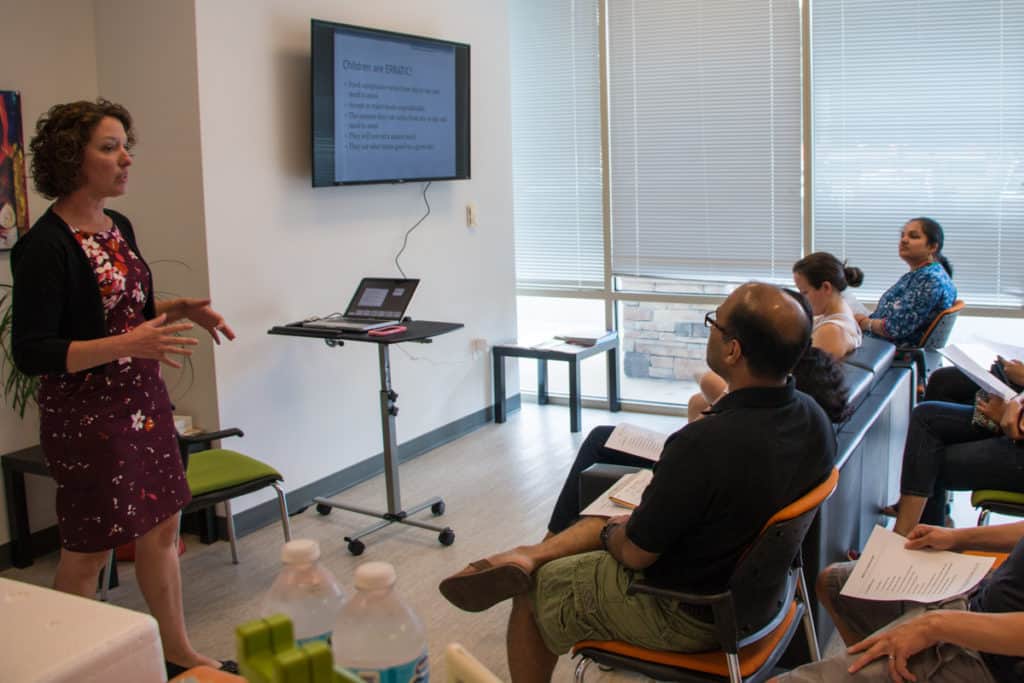




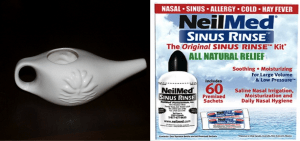



Recent Comments